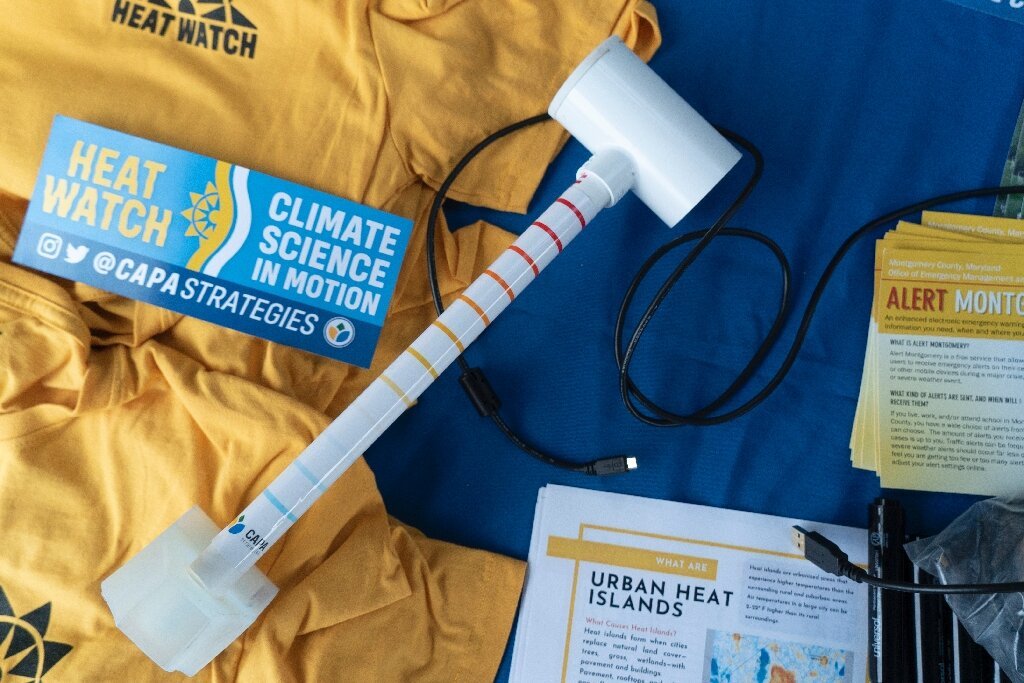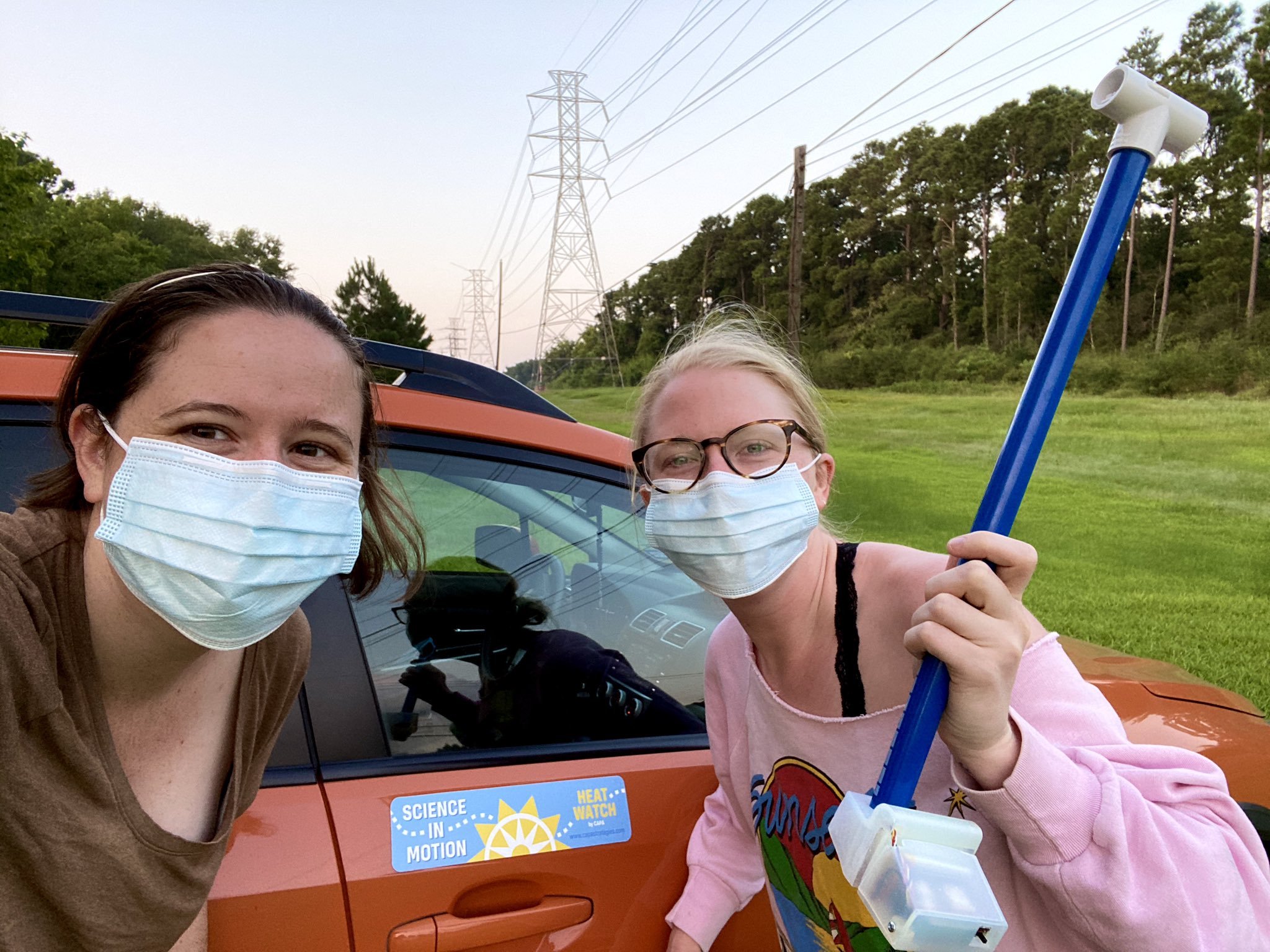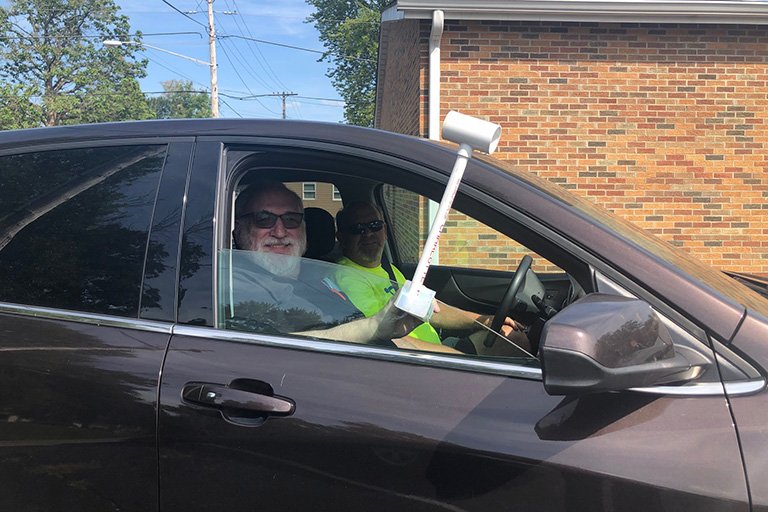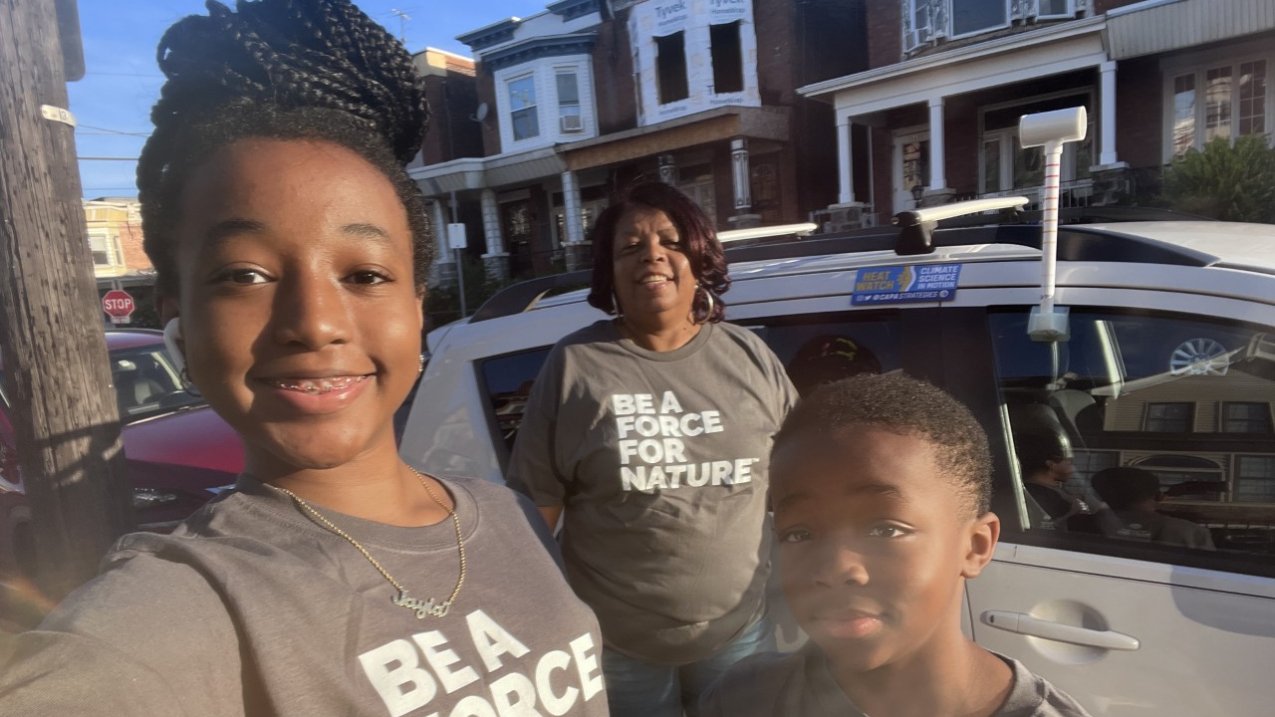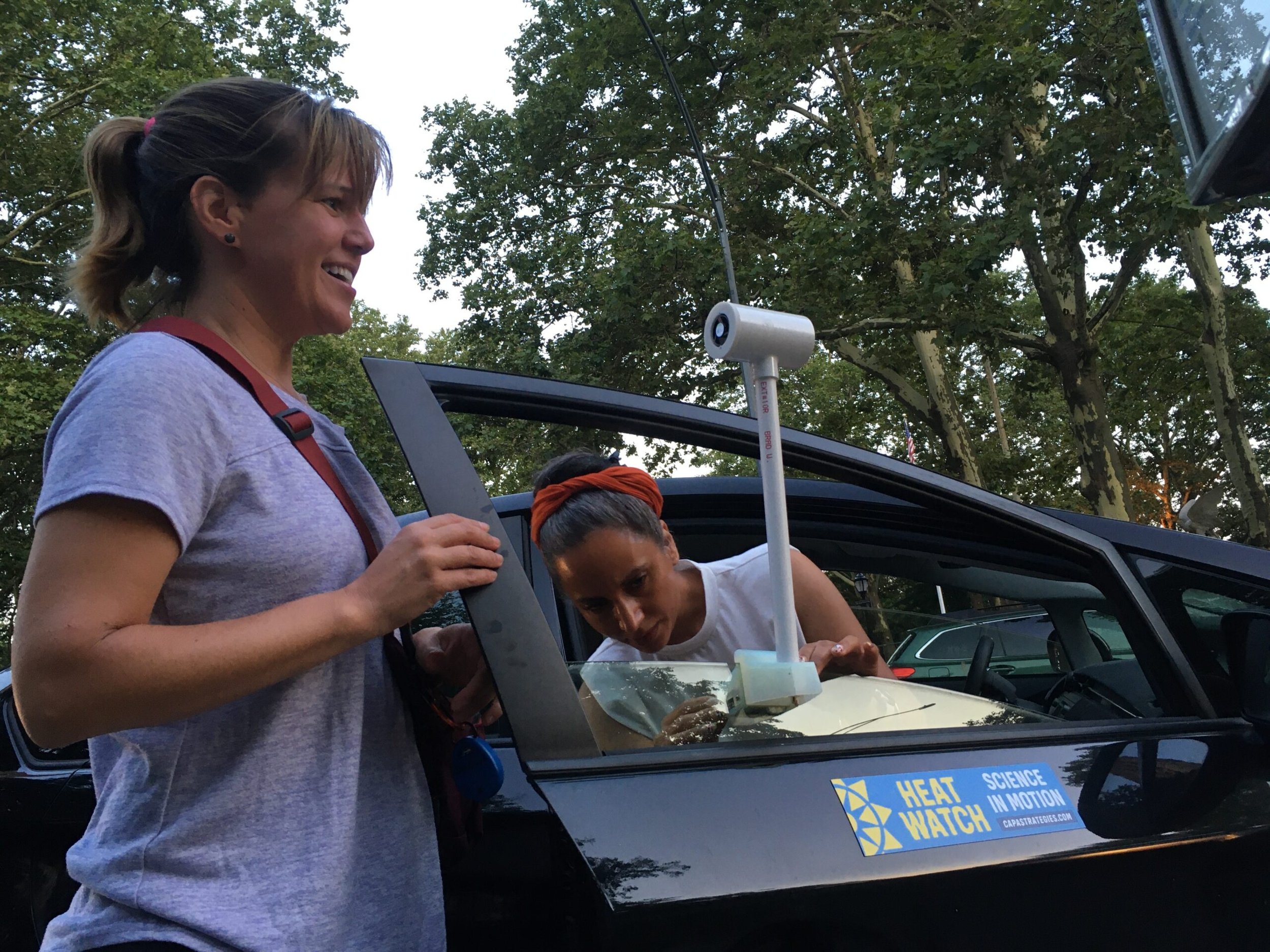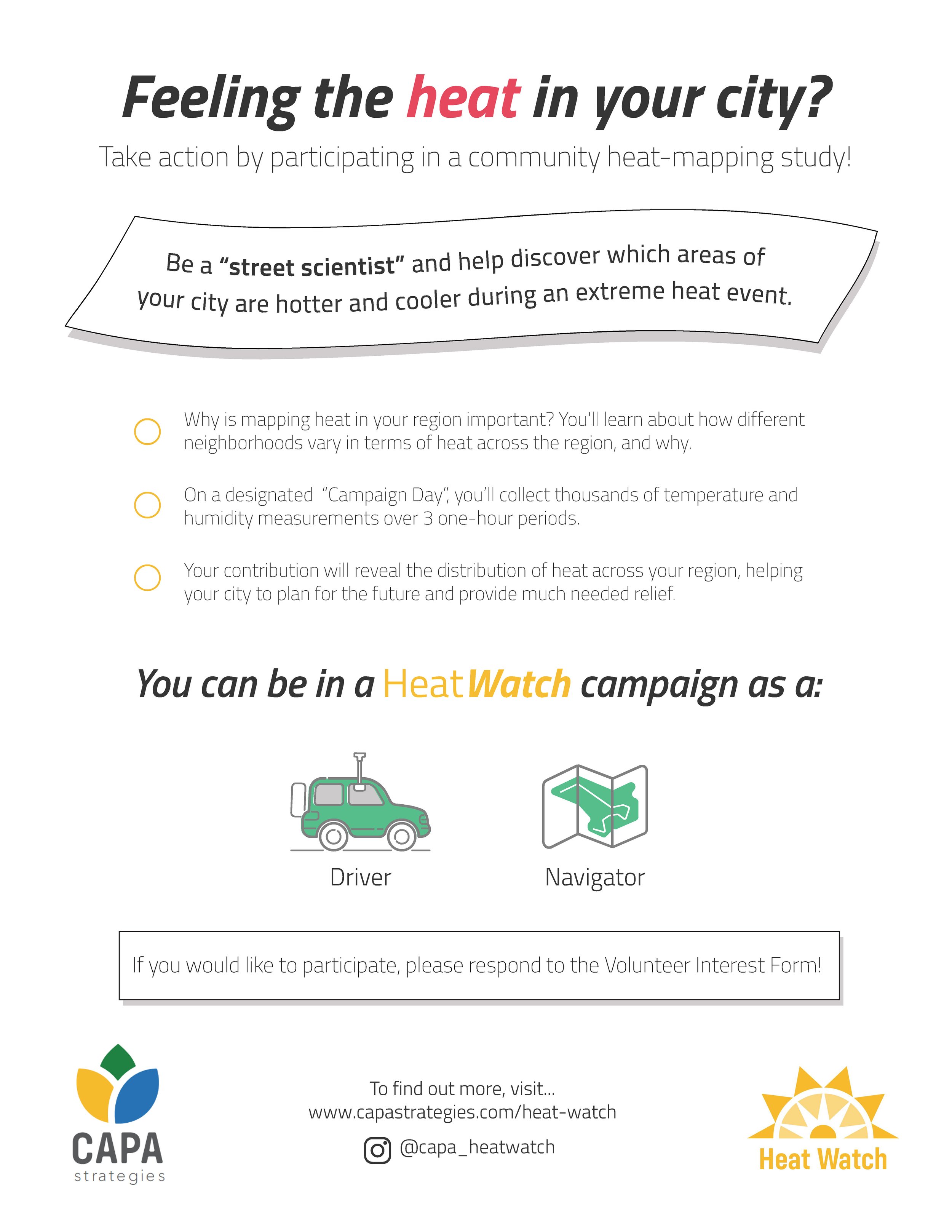2023 Heat Watch Campaign
The McAuliffe Center is leading a group of local cities and towns including Framingham, Natick, Ashland, and Holliston and partners with the Metropolitan Area Planning Council (MAPC) to contribute to the 2023 Heat Watch Campaign sponsored by NOAA in collaboration with Climate Adaptation Planning and Analytics (CAPA).
VOLUNTEERS WILL:
Drive their car or navigate a route in high heat areas to collect temperature and humidity data. Your contribution will reveal the distribution of heat across our region, helping local cities and towns plan future relief strategies.
Receive necessary equipment and detailed information.
Attend a one-hour mandatory training session. Training took place in-person and remotely on June 28, 2023 at 6:00pm.
Collect data on our target campaign date around July 13, 2023*. You can choose to volunteer for any one of three shifts in the morning, afternoon, or evening.
*The campaign date is subject to change based on weather conditions needed for data collection.
WHO CAN VOLUNTEER?
Most volunteers will need to drive their car during the data collection process, but younger volunteers are welcome (especially to help as navigators)!
Identifying situations where people are vulnerable to heat illness, exploring options for reducing risk, and taking action to improve the situation takes planning, teamwork, and diverse talents. We look forward to engaging team members who represent our full community!
Watch this video to learn more about the health risks of extreme heat:
How Extreme Heat Overwhelms the Human Body (1:26)
Over the past six years, NOAA has funded CAPA Heat Watch to support 70+ communities across the United States in mapping their urban heat islands (UHI). CAPA Strategies has developed a process to help cities plan and execute a volunteer-based community science field campaign that builds upon local partnerships, engages residents in a scientific study to map and understand how heat is distributed in their communities, and produces high-quality outputs that have been used in city sustainability plans, public health practices, urban forestry, research projects, and other engagement activities.

